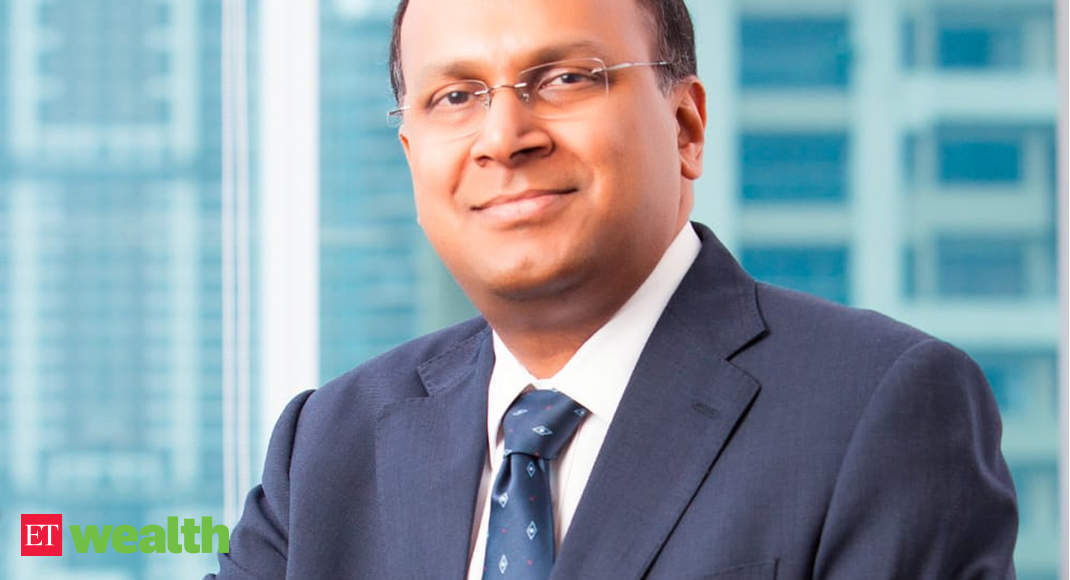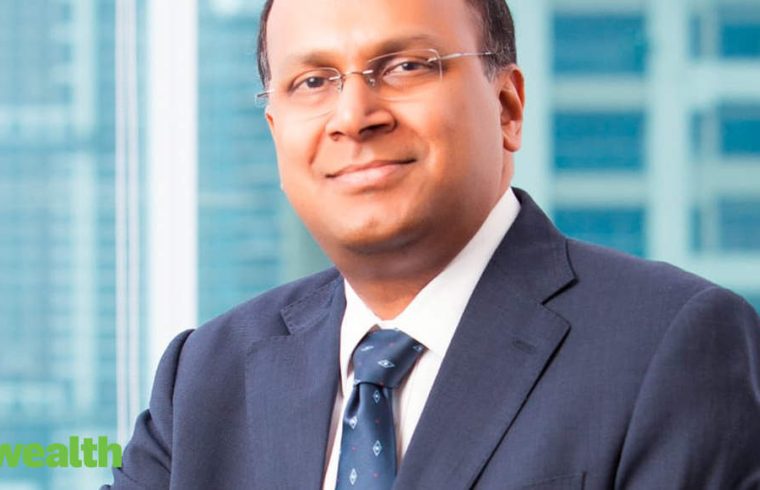
Equity investors are a worried lot! The stock market crash of March 2020 erased a lot of the gains from their mutual fund portfolio. And then, against popular perception, things reversed, even while the Covid-19 pandemic was in full swing. After falling almost 38 per cent from its January highs, the market gained about 46 per cent from its March lows!
However, is the economy out of the woods? The impact of Covid-19 on global economies, including India, has been huge. Although the GDP growth rate of all countries has been revised downwards by most international agencies such as the International Monetary Fund (IMF), the stock market has shown resilience.
Why the disconnect? Several studies have shown that a divergence may exist between economies and stock markets in the short term. As the markets are forward looking, there is always a lag between the two. Therefore, markets leading the charge even while economic conditions are not conducive, need not be the sole factor to consider for market performance.
The IMF predicts world GDP to shrink by 4.9 per cent in 2020. India’s GDP growth forecast has also been cut by 4.5 per cent in 2020. However, a sharp recovery is expected in 2021, with IMF projecting the Indian economy to grow at 6.0%. In fact, India’s economy has already started showing signs of recovery as the government relaxed lockdown restrictions from June 8.
What should be the approach of a retail investor? As an investor in equities, one needs to be aware that equity as an asset class is inherently volatile. The good news is that over a longer time frame, the volatility tends to come down. So, to exploit its potential optimally, it becomes imminent that one holds the equity-backed investments for a long term. And in the meanwhile, short-term gyrations and stock market movements may simply be ignored.
As of 20 August, the 10- year return on Nifty 50 TRI was 8.73 per cent. However, to get the right perspective, one needs to consider a wider set of data points. Between 20 st August 2010 and 20 th August 2020, the average 10-year rolling returns of Nifty 50 (TRI) calculated daily stands at 14.49 per cent. These clearly indicate the benefits of investing in equities with longer time horizon. Markets and economies move in cycles and the momentum over the long term for equities has been on the upside.
The important thing is to make use of the potential of equities over the long term. A good way to do this is to link your investments in mutual funds to a long-term goal, which could be arranging a down payment for a home loan in 10 years or your retirement 20-25 years from now. Make sure you are diversified across not just assets but also market capitalisation.
As an investor, whether you have existing SIPs in different mutual fund schemes or are about to start investing, any time is a good time to start investing. For a long-term investor, time in the market is more important than timing the market. In fact, the more one invests when the NAVs are low, the greater is the potential to generate a better return over the long term.
As an asset manager, there are certain metrics that help us to make informed decisions to potentially capture the upside. At Union Asset Management Company Private Limited, we follow the Fair Value Approach, which takes into account four factors – Return on Equity, Growth in Value Driver, Risk-free Rate, and Riskiness of Cash Flow.
According to our internal estimates, Nifty 50 is trading at higher single-digit discount to its fair value. Higher allocation to equities is recommended when the valuations are low and not when they are expensive.
Several corporates that have announced their earnings recently have indicated that the economic growth will be fragmented over the short-to-medium term. While companies are busy restructuring their operations and product mix to improve cash flows by maintaining or improving margins, and fund managers are keeping their ears to the ground, as an investor the right approach is to stay invested to reap the full potential of equities over the long term.
(G Pradeepkumar is the CEO of Union AMC)







